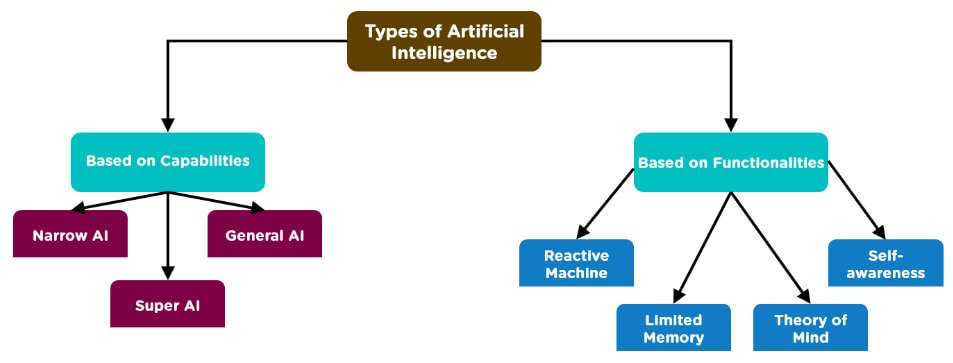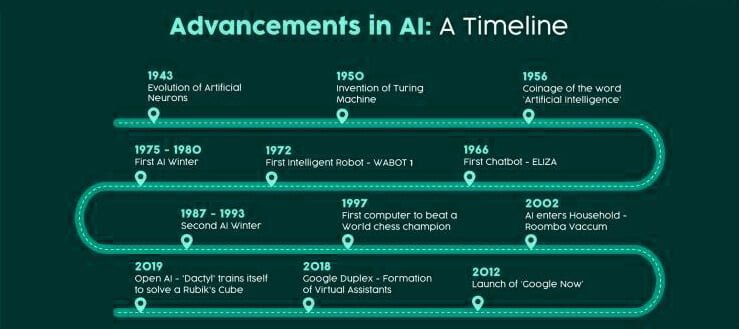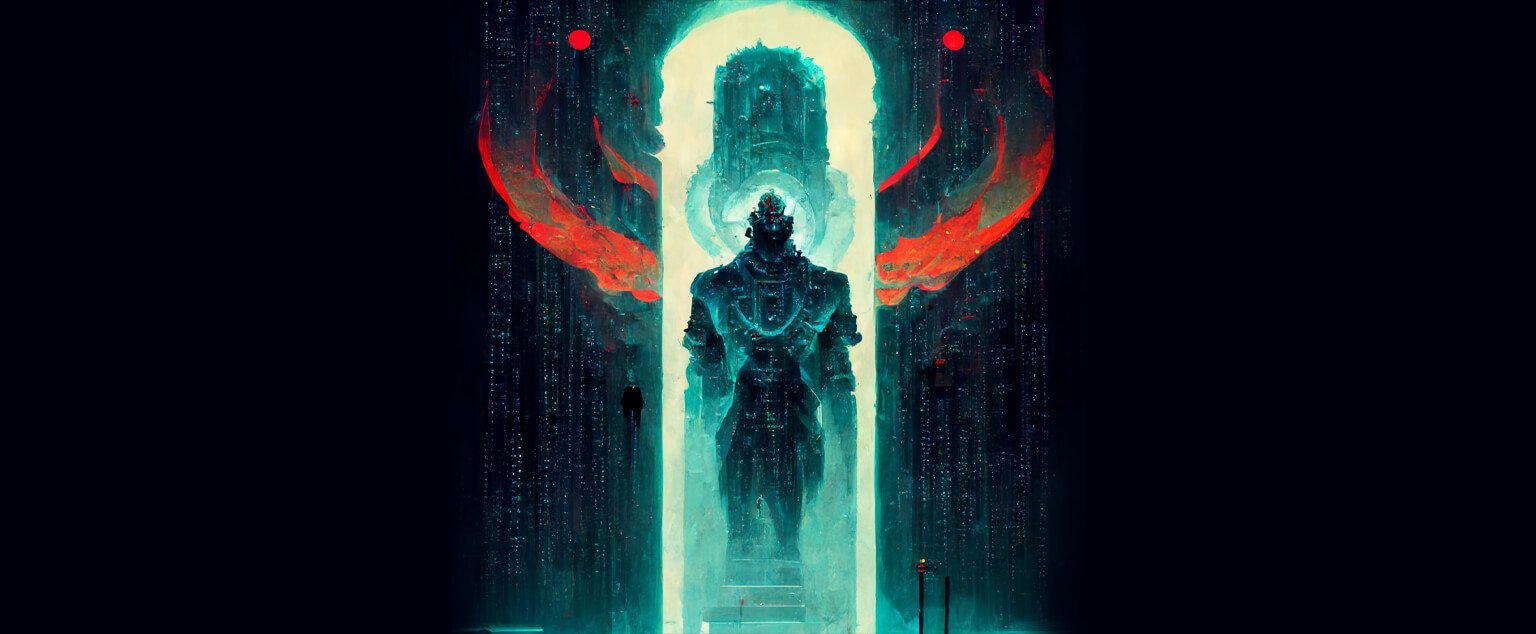The ability of a digital computer or computer-controlled robot to perform tasks commonly associated with intelligent beings is defined as artificial intelligence. AI can also be defined as,
- Human-Created Intelligent entity.
- Capable of carrying out tasks intelligently even when not explicitly instructed.
- Capable of rational and humane thinking and action.
If you ask an AI researcher about artificial intelligence, (s)he will tell you that it is a set of algorithms that can produce results without being explicitly instructed to do so. Artificial intelligence is the intelligence demonstrated by machines. In today’s world, artificial intelligence has grown in popularity. It is the simulation of natural intelligence in machines programmed to learn and mimic human actions.
These machines can learn and perform human-like tasks as they gain experience. AI and other emerging technologies will have a significant impact on our quality of life. It’s natural that everyone today wants to connect with AI technology in some way, whether as an end-user or by pursuing a career in AI.
How could we tell if artificial intelligence is behaving like a human?
Even if we achieve the point where an AI can behave like a human, how can we be certain that it will continue to do so? We can base an AI entity’s human-likeness on the:
- Turing Test
- The Cognitive Modelling Approach
- The Law of Thought Approach
- The Rational Agent Approach
How does Artificial Intelligence (AI) work?
Building an AI system is a meticulous process that involves reverse-engineering human traits and capabilities in a machine and then using its computational prowess to outperform what we are capable of. To comprehend How Artificial Intelligence Works, one needs dive deep into the various sub-domains of Artificial Intelligence and comprehend how those domains can be applied to various fields of industry. You can also enroll in an artificial intelligence course to gain a thorough understanding.
- Machine Learning
- Deep Learning
- Neural Networks
- Natural Language Processing
- Computer Vision
- Cognitive Computing
What are the types of Artificial Intelligence?
Not all types of AI can work in all of the above fields at the same time. Different Artificial Intelligence entities are designed for specific purposes, which is why they differ. Type 1 and Type 2 AI can be distinguished (Based on functionalities).

Advantages of Artificial Intelligence (AI)
- Reduction in human error
- Available 24×7
- Helps in repetitive work
- Digital assistance
- Faster decisions
- Rational Decision Maker
- Medical applications
- Improves Security
- Efficient Communication
Disadvantages of Artificial Intelligence (AI)
- Cost overruns
- Dearth of talent
- Lack of practical products
- Potential for misuse
History of Artificial Intelligence (AI)
Artificial intelligence technology is much older than you might think, and researchers are not unfamiliar with the term “AI.” Marvin Minsky, a scientist at Dartmouth College, coined the term “AI” in 1956. Let us look at an important timeline of events in the history of artificial intelligence:





[…] What is artificial intelligence (AI)? Share on facebook Share on twitter Share on linkedin Share on email Share on whatsapp Subscribe Connect with Notify of new follow-up comments new replies to my comments […]